
Ground-based measuring devices and aircraft radar operated in the far northeast of Greenland show how much ice the 79° N-Glacier is losing. According to measurements conducted by the Alfred Wegener Institute, the thickness of the glacier has decreased by more than 160 meters since 1998. Warm ocean water flowing under the glacier tongue is melting the ice from below.
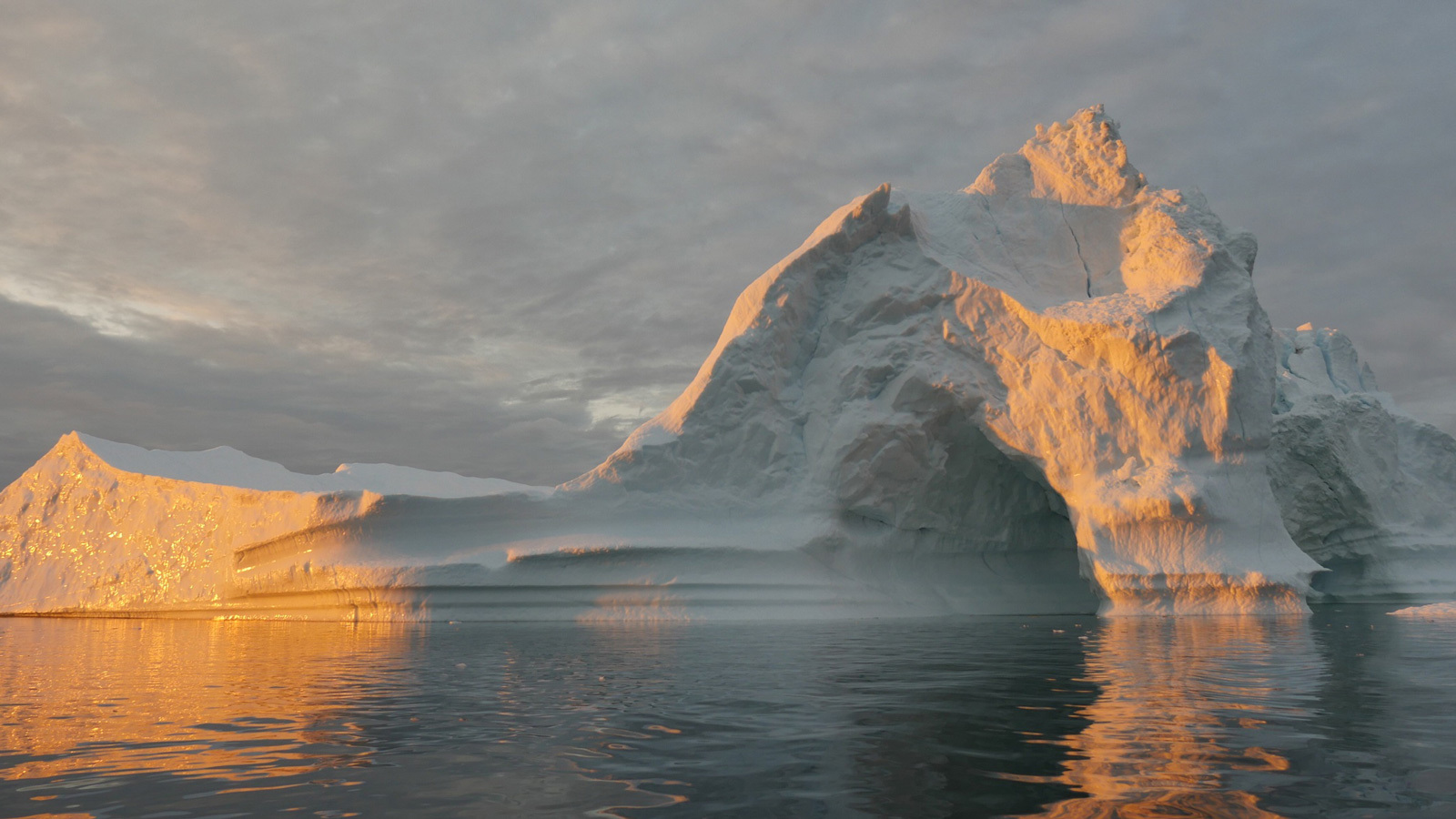
Study: 2019 Sees Record Loss of Greenland Ice
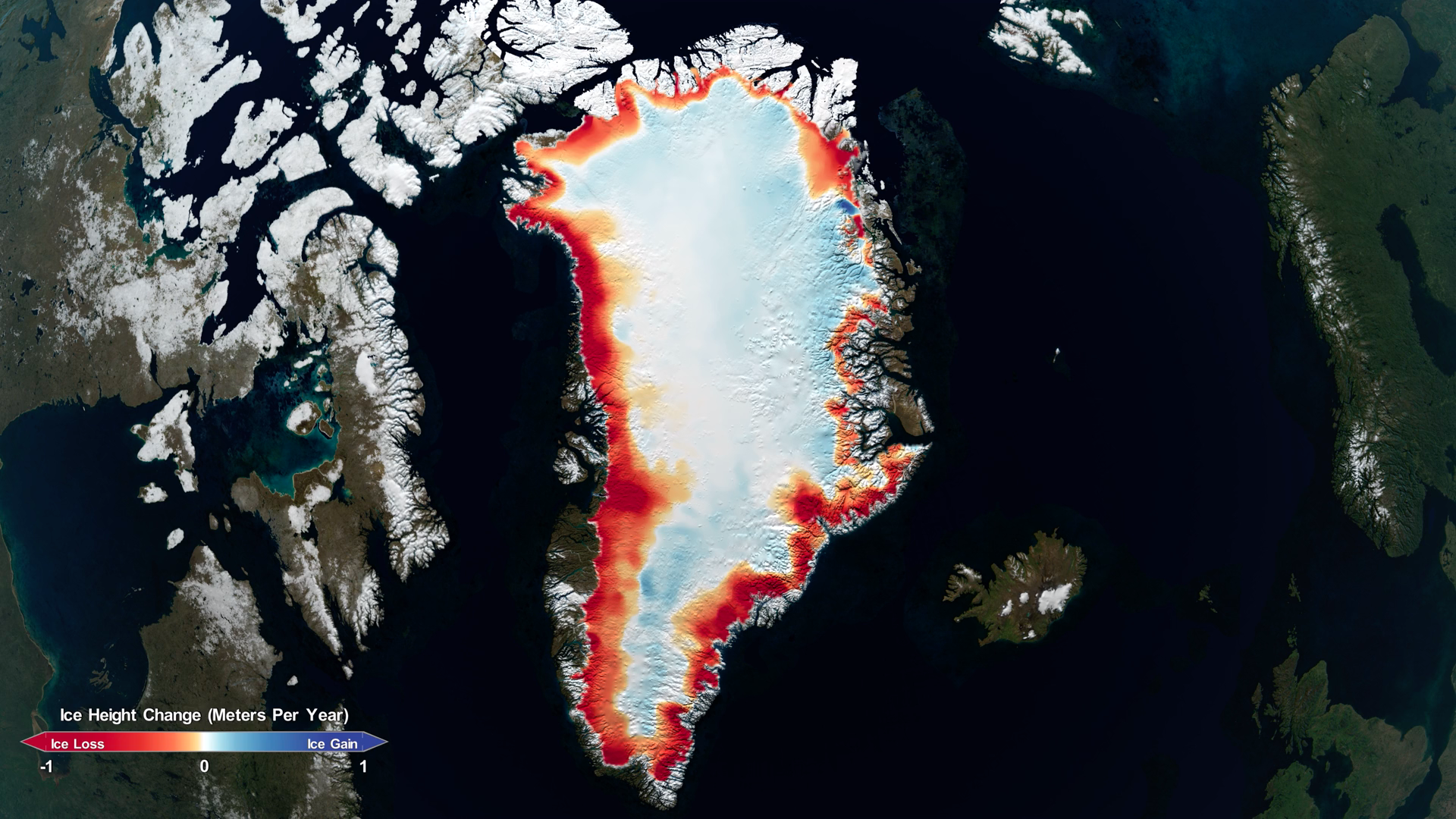
Why Ice Sheets Matter National Snow and Ice Data Center

Warming Greenland ice sheet passes point of no return
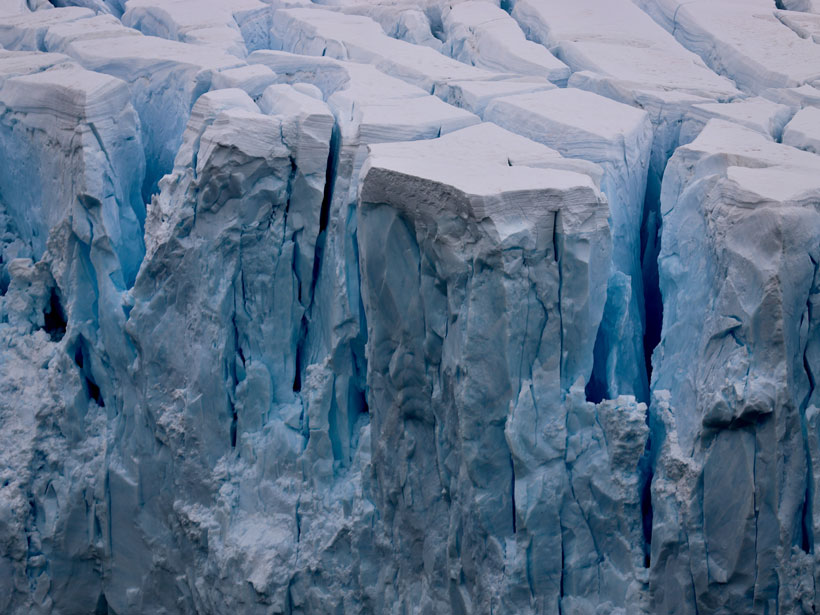
Shrinking Ice Sheets Lifted Global Sea Level 14 Millimeters - Eos

Greenland has lost more ice than previously thought: Study

Geology Science on LinkedIn: Ancient ice age valleys offer clues to future ice sheet change - Geology…

Phys.org LinkedIn

Greenland lost 20% more ice than previously estimated: Study
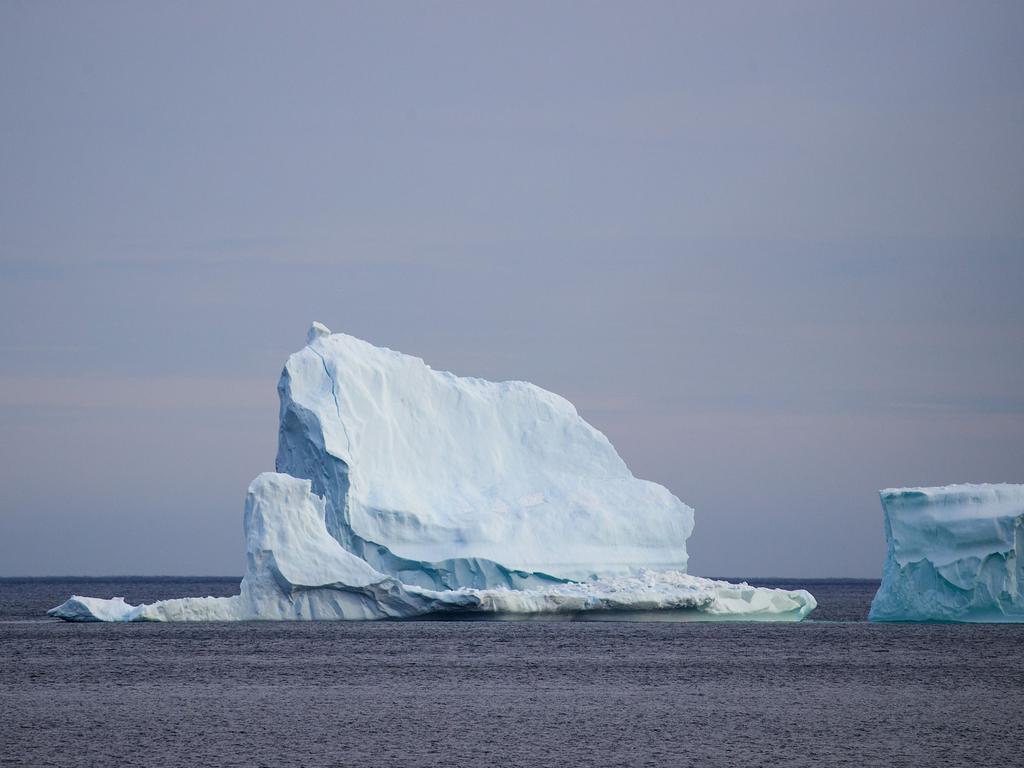
Greenland 'zombie ice' on the rise
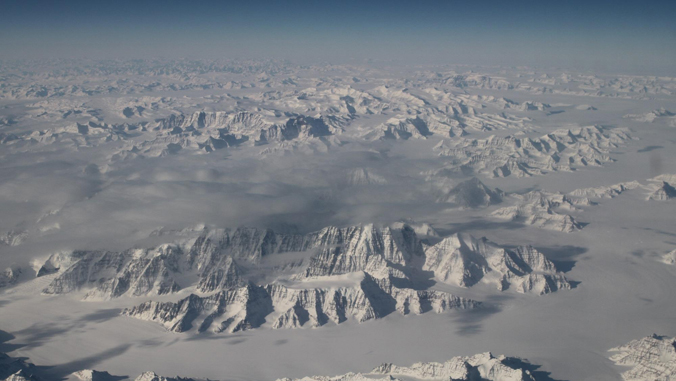
Irreversible loss of ice sheets imminent past 1.8°C warming

How ice sheets collapse—a lesson from the past
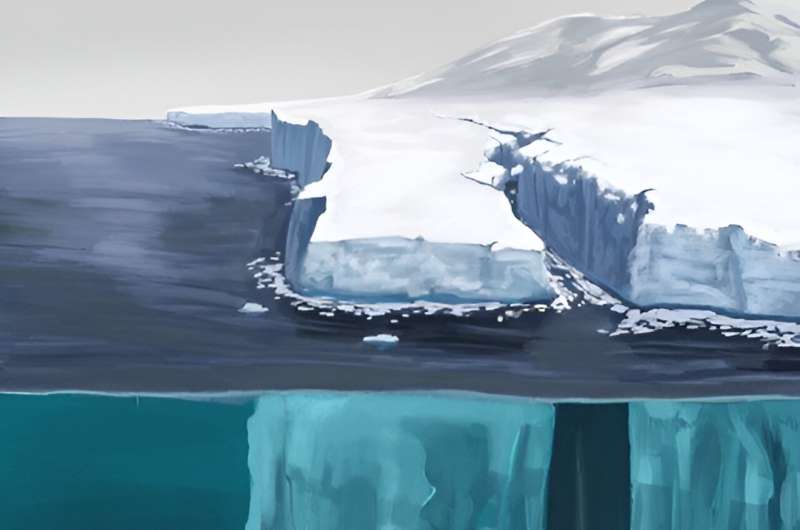
An 80-mph speed record for glacier fracture helps reveal the physics of ice sheet collapse
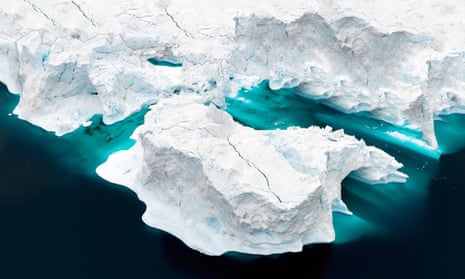
Greenland losing 30m tonnes of ice an hour, study reveals, Ice

Doomsday Glacier in Antarctica Could Collapse Soon: New Research